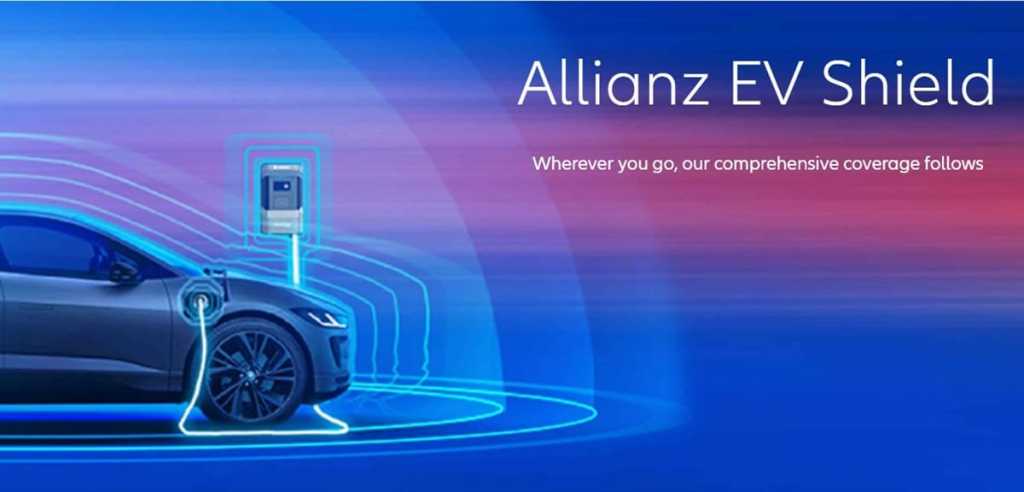Did you know that your electric vehicle might require different insurance coverage than a traditional gasoline-powered car?
Understanding Electric Vehicle Insurance
Electric Vehicle Insurance is a specialized form of auto insurance designed to address the unique needs and risks associated with electric cars. While EV insurance covers the same basic risks as traditional car insurance (liability, collision, and comprehensive), it includes additional protections specifically tailored to electric vehicle technology and ownership.
Electric vehicles require specialized insurance coverage to protect their unique components
As electric vehicles become increasingly popular, insurance companies have developed specialized policies that address the distinct characteristics of EVs. These policies recognize that electric cars have different risk profiles, repair requirements, and ownership considerations compared to their gasoline-powered counterparts.
How EV Insurance Differs from Traditional Auto Insurance
While the basic structure of EV insurance is similar to traditional auto insurance quotes, several key differences set them apart:
- Higher Premiums: EV insurance typically costs more due to higher vehicle prices and specialized repair needs.
- Battery Coverage: Specialized protection for the expensive battery pack, which can cost thousands to replace.
- Charging Equipment: Coverage for home charging stations and portable charging equipment.
- Specialized Repair: Access to technicians trained in EV-specific systems and components.
- Roadside Assistance: Services tailored to EV needs, including mobile charging and towing to specialized facilities.
These differences reflect the unique nature of electric vehicles and the specialized knowledge required to repair and maintain them properly. Insurance companies have recognized that EV owners need coverage that addresses these specific concerns rather than simply applying traditional auto insurance models.
Specialized Coverage Options for EV Owners
Many insurance providers now offer specialized coverage options specifically designed for electric vehicles:
- Battery Replacement Coverage: Protection against the high cost of battery replacement, which can be one of the most expensive repairs for an EV.
- Charging Station Protection: Coverage for home charging equipment, including damage from electrical surges or accidents.
- Environmental Hazard Coverage: Protection against damage to sensitive electronic components from flooding or other environmental factors.
- EV-Specific Roadside Assistance: Services including mobile charging, specialized towing, and transportation to charging stations.
- Software Update Coverage: Protection against issues arising from software updates that may affect vehicle performance.
Some EV manufacturers now offer their own insurance products specifically designed for their vehicles, providing coverage that understands the unique aspects of their technology and maintenance requirements.
Factors Affecting EV Insurance Costs
Several factors influence the cost of electric vehicle insurance:
- Vehicle Price: EVs typically have higher sticker prices, which increases insurance costs.
- Repair Costs: Specialized parts and trained technicians can make EV repairs more expensive.
- Battery Replacement: The high cost of battery replacement is factored into insurance premiums.
- Driver Profile: Traditional factors like driving record, location, and credit score still apply.
- Usage Patterns: Some insurers offer discounts based on charging habits and mileage.

Specialized insurance coverage protects EV charging equipment and technology
While EV insurance may initially cost more than traditional auto insurance, many owners find that the specialized coverage provides better protection for their investment. Additionally, as EVs become more common and repair networks expand, insurance costs are expected to become more competitive.
EV Insurance for Business Owners
For businesses that use electric vehicles, commercial auto insurance for EVs presents unique considerations:
- Fleet Coverage: Specialized policies for businesses with multiple EVs.
- Charging Infrastructure: Coverage for commercial charging stations and equipment.
- Business Interruption: Protection against losses if EVs are out of service for repairs.
- Specialized Liability: Coverage for incidents specific to EV technology, such as battery fires.
Many business insurance providers now offer specialized EV fleet policies that address these unique needs. These policies recognize that businesses with electric vehicles face different risks and require coverage that specifically addresses EV technology and infrastructure.
Conclusion: Protecting Your EV Investment
Electric Vehicle Insurance provides specialized coverage that addresses the unique needs of EV owners. While it may cost more than traditional auto insurance, the additional protections offer valuable peace of mind for owners of these technologically advanced vehicles.
As electric vehicles continue to gain popularity, insurance products will continue to evolve to meet the changing needs of EV owners. By understanding the specialized coverage options available, EV owners can ensure they have the protection they need for their investment while enjoying the benefits of electric mobility.

